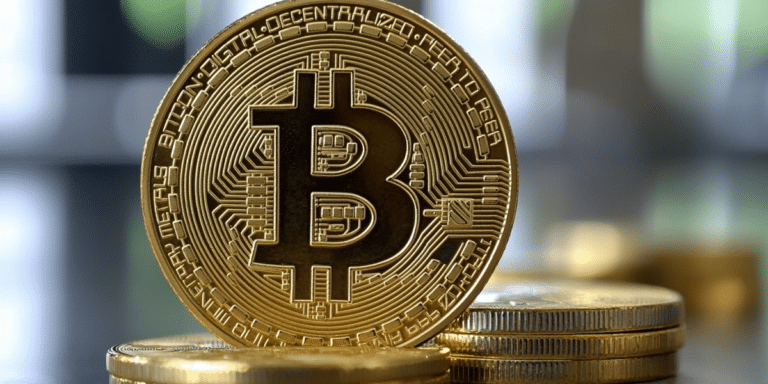U.S. Government’s $1.92B Coinbase Transfer Rattles Crypto Markets
U.S. Government Moves $1.92 Billion in Bitcoin to Coinbase, Sparking Strategic Debate and Market Volatility.
Key Takeaways:
- The U.S. government transferred 19,800 BTC worth $1.92 billion to Coinbase, prompting speculation about its intentions.
- Critics argue selling Bitcoin assets could compromise strategic value, citing potential parallels to EO 6102 from 1933.
- Bitcoin prices dipped 3% following the transfer but rebounded slightly to $95,500.
The recent U.S. government Bitcoin transfer of 19,800 BTC worth $1.92 billion to Coinbase Prime has drawn criticism from crypto industry leaders and market observers.
Although the purpose of the transfer remains unknown, it has raised strategic and economic concerns, particularly in light of Bitcoin's growing importance as a digital asset.
U.S. Government Bitcoin Transfer to Coinbase And Criticism from Industry Leaders
On December 2, a wallet labeled “U.S. Government: Silk Road DOJ Confiscated Funds” initiated the transfer of the Bitcoins to a Coinbase Prime deposit address.
The transfer follows the U.S. government's previous BTC sale of nearly 10,000 BTC ($600 million) on Coinbase Prime as part of a broader strategy to liquidate forfeited Silk Road assets.
In preparation for this action, the U.S. District Court for the Northern District of California had previously granted the government authorization to liquidate some or all of the remaining Bitcoin tied to the case.
However, this latest U.S. government Bitcoin transaction has left many in the dark, as no formal auction announcements or details have confirmed whether the BTC was sold.
Industry executives and observers were quick to denounce the U.S. government’s handling of Bitcoin reserves.
Jason Lowery, a United States Space Force major and author of Softwar: A Novel Theory on Power Projection and the National Strategic Significance of Bitcoin, characterized the transfer as “a huge strategic mistake,” suggesting the government underestimates Bitcoin’s significance.
“They have no idea what they own, and it shows,” Lowery said, cautioning that such actions could pave the way for future policies akin to Executive Order 6102, which banned gold hoarding in 1933.
Coinbase CEO Brian Armstrong echoed these sentiments, while other crypto enthusiasts criticized the Biden administration for potentially selling assets that could have been used to bolster national reserves.
Some experts present alternative perspectives, suggesting that the transfer might represent a consolidation or wallet upgrade rather than a sale.
Gabor Gurbacs, a strategy adviser for Tether, proposed that the government could be reorganizing its holdings without plans for immediate liquidation.
Julio Moreno, head of research at CryptoQuant, added that only 10,000 BTC appeared to have moved to Coinbase Prime, with the remaining 9,800 BTC sent to a newly created address, further fueling speculation about the government’s intentions.
Related: Coinbase review: Is it any good?
Impact on Bitcoin Prices, Historical Context, and Strategic Implications
The revelation of the U.S. government Bitcoin transfer sent the BTC price down nearly 3%, briefly touching $94,500 before recovering to around $95,500 at press time.
This occurrence mirrors previous instances of government actions affecting Bitcoin markets.
In July, the German state of Sachsen sold 49,858 BTC confiscated from Movie2k.to, causing a 17.59% drop in Bitcoin’s value within weeks.
Market analysts warn that large-scale Bitcoin liquidations, particularly by governments, can exacerbate market volatility and erode investor confidence.
At press time, the USA holds approximately 183,850 Bitcoin, valued at $17.7 billion, across various known addresses.
Critics argue that retaining these holdings could mirror the historical role of gold reserves, offering a hedge against economic turbulence.



